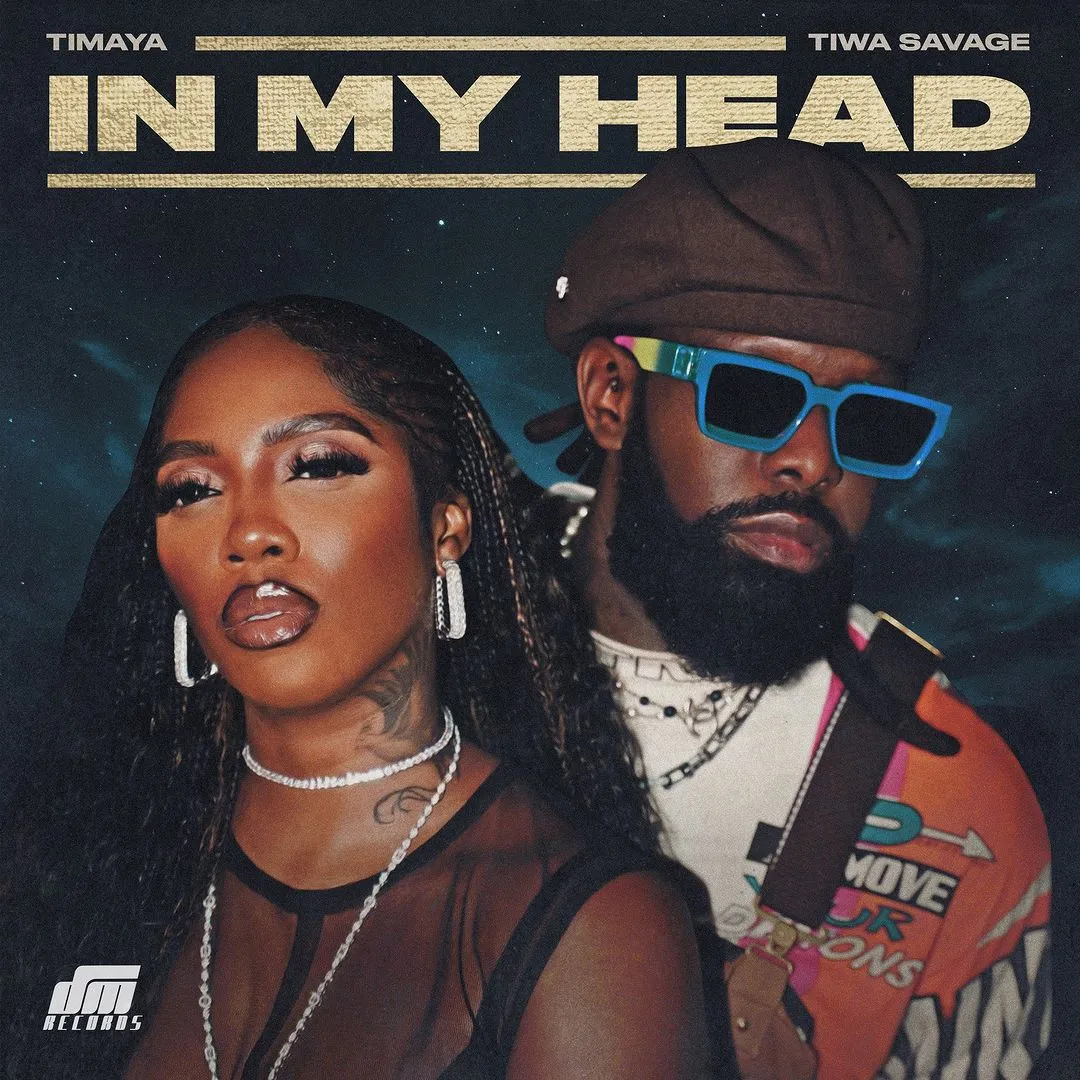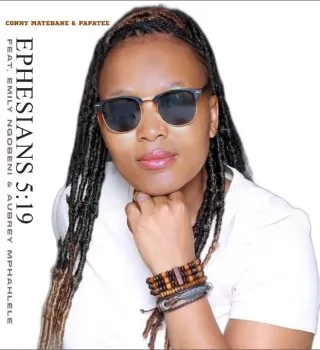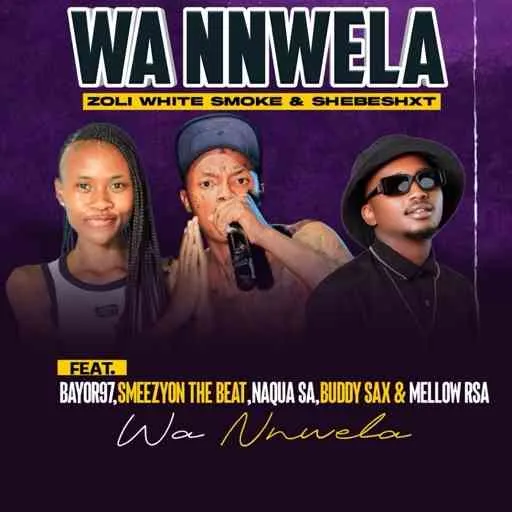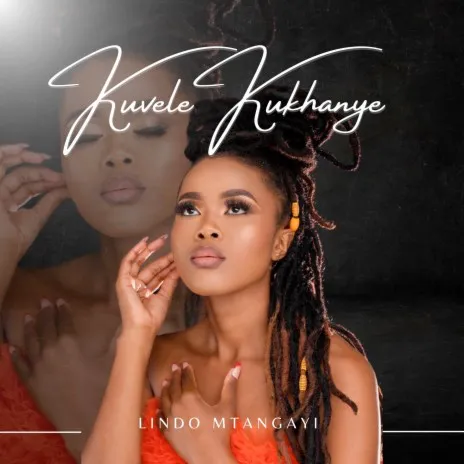A few weeks later, my father and his kindred, with the elders of Owerri Nkworji, left for Orji Uratta Town. They took with them kola nuts, bundles of yam, red oil, and other gifts traditionally required for this sort of visit. At Orji Uratta, the visitors met up with the station pastor, who had already informed the king and his kindred about my father’s intended visit.
My father and his people were warmly received by the king. After introductions and the traditional breaking of kola—signifying that the visitors were welcome—the king asked what the purpose of the visit was. As is the custom with Igbos, especially on such occasions, discussions are carried out mostly in proverbs and adages. The king sent for Grace, and when she arrived, he asked her if she knew why the visitors were there, and if she wanted her kindred to accept the gifts that the visitors had brought, signifying that marriage proposal had been accepted. Grace acknowledged the visitors and asked her grandfather to accept the gifts. King Ewurum reached into his garment, took out a white cloth, and la!d it on the table, declaring that it symbolized the purity of his heart and that he gave the marriage his blessing. Both families rejoiced at the king’s pronouncement.
A month later, my father, the elders, Nwanyi Burunnu, and all her children and relatives headed off to Orji Uratta for the traditional wedding ceremony (igbankwu). All the invited guests were assembled at the king’s palace, among which were chiefs, elders, youth leaders, and kings from other kingdoms. Members of Faith Tabernacle Congregation of Owerri Nkworji and Orji Uratta were also in full attendance. The ceremony began with traditional dances, which were prohibited by Faith Tabernacle doctrines; however, the king allowed it due to the presence of the other traditional dignitaries. The masquerade dancers displayed their fantastic moves, after which the Faith Tabernacle youth choir performed.
Later, the head of the traditional council announced the arrival of the bride. Lengths of cloth were la!d on the ground for her to walk on, and she was flanked on either side by beautiful single females all dressed in traditional attire. Grace headed straight to King Ewurum, who blessed her and gave her the cup of wine that she would give to the man who would be her husband, as per tradition. In the traditional marriage ceremony, the husband-to-be would be seated among the crowd, and the bride would wander around looking for him. As she did this, other young bachelors would call out to her, trying to persuade her to give them the cup of wine. According to tradition, whichever man she gave the cup to would be compelled to marry her.
Grace found my father and knelt in front of him, handing him the cup of wine to a jubilant roar from the crowd. He drank the wine, helped Grace to her feet, and embraced her. They both went and knelt before the king, who broke a kola nut and shared it between Grace and my father, after which he gave them his blessings. In accordance with the practices of the Faith Tabernacle Congregation, Grace’s bride price of seventy naira (less than $1) was paid. Other traditional gifts, including kola nuts and yams, were also handed over to the bride’s family. After the ceremony, it was announced that the church wedding would be celebrated at the Faith Tabernacle Congregation of Orji Uratta in a week’s time.
The pastor of Faith Tabernacle Congregation of Orji Uratta was the minister at the wedding, and pastors from other Faith Tabernacle churches were also present. He advised the new couple to be faithful to one another, stressing that “what God has joined together, no man shall put asunder.” He further admonished the new couple to not allow others interfere with their family and to always seek wise counsel. The wedding went marvelously well and the newlyweds were showered with gifts, including a bicycle from King Ewurum.
The couple returned to Owerri Nkworji, to the one room given to my father by his father. Grace, who had never visited Owerri Nkworji, was surprised to find that her new husband lived in a small room in his father’s compound. However, she was not too disappointed because she was deeply religious and did not care too much for material things. She had a deep conviction that everything would work out fine between them.
Grace adjusted nicely and became a housewife; Faith Tabernacle forbade its women from engaging in business while their husbands were alive and able to provide for the family. However, she and my father engaged in large-scale farming on the land that my grandfather had given to Nwanyi Burunnu. At the same time, my father continued with his trade, which took him to the northern part of the country and beyond. When he brought his products home, they were stored in a warehouse at the town’s market (Nkwoorji market). He would take the goods in small quantities to sell in Nkwoorji market, and other markets in towns and villages all over the region. With time, his profits accumulated and brought a relative improvement to his life. Several months later he was able to buy a used bicycle for transporting his goods (though he could use the bicycle they received as a wedding gift, it was mainly designed for women).
My father became relatively successful. He was well known in his line of business and had many customers, who always sought him out because of his kindhearted and jovial nature. He was also considered articulate and intellectual, and many wondered why he had chosen trade instead of becoming an academic or politician, given his great insight and vast knowledge of life and current affairs. His business grew and he employed servants for the house, as well as to help sell his products in the markets.
In the Igbo calendar there are eight days, divided into two groups and associated with markets. The first four (Eke, Orie, Afo, and Nkwo) are the small market days, and the other four (Eke-ukwu, Orie-ukwu, Afo-ukwu, and Nkwo-ukwu) are the big market days. The markets were unique and well organized. At the end of each market day, traders were required to pay a small amount to a caretaker committee for the maintenance of the market. Market days were something the people looked forward to. It brought together people from different clans, villages, and towns. While most people—including petty traders and bigger ones like my father, who sold larger products—went to the markets to buy and sell, some went there to meet with friends, relatives, and loved ones, and others went merely to browse and enjoy the vibrant market atmosphere.
While things seem to be getting better for my father, the political situation in the country seemed to take a terrible turn. There was a sudden dramatic change of events that affected everyone in Nigeria. Political instability became the order of the day in early 1967, and it culminated in the outbreak of the Nigerian civil war in the same year, after then-head of state General Aguiyi Ironsi, an Igbo man, was brutally assassinated in a coup d’état by army officers from northern Nigeria. After the coup, power moved from the Igbos to the northerners. During the subsequent regime, led by Major General Yakubu Gowon of northern extraction, the Igbos felt politically and economically marginalized. They claimed that the northern-led government was systematically eliminating the Igbos and that the country’s resources—which largely came from the Igbo region—were not being equally distributed. As a result, the Igbos began agitating to secede from Nigeria, and this led to the Nigerian civil war.
The Igbos proclaimed their region’s secession in 1967, naming the new state the Republic of Biafra. Meanwhile, the Nigerian army was dominated by northerners. The army systematically reassigned all the Igbos in the Nigerian army to less strategic posts. The leadership of the four army divisions around the country was filled with people of northern extraction and their presence was felt in every part of the nation. Notwithstanding, the aggrieved Igbo officers and men quickly mobilized and declared independence from Nigeria, and thereafter the bloody war started. According to the Igbo narratives, Nigerian soldiers, who were by then predominantly northerners, carried out indiscriminate bombings of villages and towns in Igbo land even before the start of the war. Rumor had it that in the northern parts of the country, Nigerian soldiers maimed, killed, and beheaded Igbo civilians, even women and children, who were living peacefully in those parts of the country at the time. Consequently, Biafran soldiers launched a brutal counteroffensive.
The destructive attritional war did not spare King Ewurum’s community as massive bombings by Nigerian forces began to intensify within his kingdom. Orji Uratta was at the point of being decimated. As a result, the king, his family, and closest relatives, as well as my father’s three brothers who had been living in a nearby city, had to flee for their lives. On their way to Owerri Nkworji, one of my father’s brothers was hit in the chest by stray bullets and died instantly, while the other two were captured by Nigerian soldiers and branded enemy combatants. They were executed in cold blood. Those who had witnessed the horrific death of my uncles said that the soldiers had tied their hands and bound their feet before butchering them like cows. King Ewurum and his family arrived safely at Owerri Nkworji, one of the lucky towns where there was no heavy fighting and less destruction, and sought refuge at my father’s home, which he gladly opened up to them.
At this time, my father and mother were still living in the single room. However, they managed to accommodate everyone who sought refuge with them by placing most of the displaced people in any available space in Onyechere’s compound. My father dug a safety bunker in the backyard, where everyone would run for protection in case of bombings. This bunker was also used to hide men who were avoiding conscription into the Biafran army. My father, being a warrior, loved and wanted to join the rebellion, but his religion and his wife compelled him not to. Therefore, he focused his energy on saving lives and helping the more than one hundred displaced people who sought refuge in his house. When the war was over, King Ewurum and his family returned to their town and, fortunately, met their house and properties with minimal damage.
The war officially ended in 1970, but it took a while for things to return to normal. The effects could be seen clearly in the traumatized and dejected faces of the people. The Nigerian government had orchestrated a blockade against the Republic of Biafra during the war, which effectively prevented much-needed aid from getting into the area. Fertile land and crops had been destroyed. There was famine in the entire region, and people resorted to eating cassava leaves, grass, and ants. There were starving people everywhere, and the entire Igbo region was riddled with all sorts of diseases and ailments. The soldiers still maimed and killed people indiscriminately, and raped and sexually assaulted young and old women. It was undoubtedly the worst period in the history of the land.
Fortunately for my family, my father managed to carry on with his business through the hazardous conditions, and our lives were much better because of his bravery.
It would take many years for our village to rebuild itself.
[ads4]
To Be Continued…
Previous Episode
Conflicted Destiny - Season 1 Episode 4
Next Episode
Conflicted Destiny - Season 1 Episode 6
Related episodes

.jpg?w=900&ulb=true&ssl=1)
.png?w=300&ulb=true&ssl=1)
.jpg?w=300&ulb=true&ssl=1)
.jpg?w=300&ulb=true&ssl=1)


![Drug Hunting Operation (2021) [Chinese]](https://www.memesng.com/r/storage.waploaded.com/images/59c10c689878bfc015a8ec12d3be1cfe.jpg?w=50&ulb=true&ssl=1)
![Don Juan Of Zhashkiv (2024) [Ukrainian]](https://www.memesng.com/r/storage.waploaded.com/images/6291d24da7356687f32f429511322d5e.jpg?w=50&ulb=true&ssl=1)
![The Soldier King Legend (2020) [Chinese]](https://www.memesng.com/r/storage.waploaded.com/images/62e47acf7df7726697c240f188cdd024.jpg?w=50&ulb=true&ssl=1)

















{{comment.anon_name ?? comment.full_name}}
{{timeAgo(comment.date_added)}}
{{comment.body}}
{{subComment.anon_name ?? subComment.full_name}}
{{timeAgo(subComment.date_added)}}
{{subComment.body}}